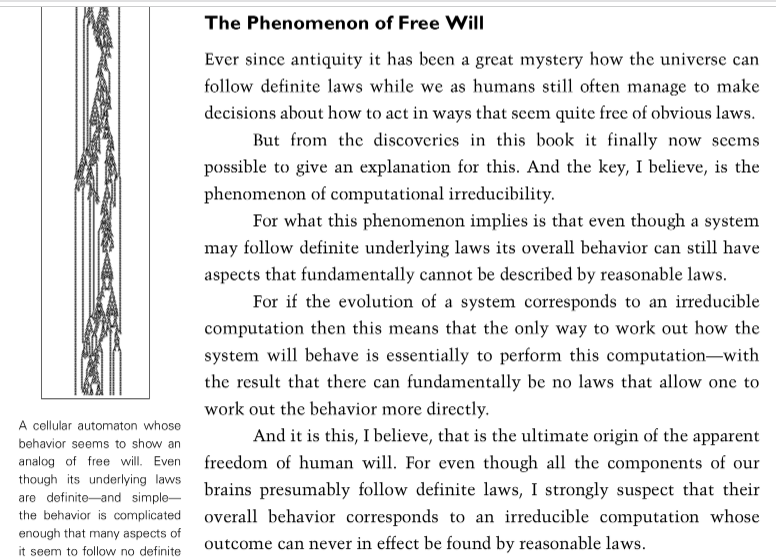I should add that there is an entire SEP article on the difference between chance and randomness, which modulo logical pluralism opens the question as to whether libertarian free will could be modeled as an alternative to those (when those are otherwise taken for a dichotomy). Then the chanciness of the laws of quantum physics (so to speak), and the randomness of various real numbers' decimal expansions (and their implicit role in physical quantification over the continuum of spacetime), might lend themselves to a contrastive mathematics of free will. The functions such as this would encode (or be encoded by) could not be expected to work as mechanically as composition of functions as we know them on standard numbers. But it is sometimes said that the value and justification of love's true power is grounded in irreplaceability:
To be fungible is to be replaceable by another relevantly similar object without any loss of value. Thus, money is fungible: I can give you two $5 bills in exchange for a $10 bill, and neither of us has lost anything. Is the object of love fungible? That is, can I simply switch from loving one person to loving another relevantly similar person without any loss? The worry about fungibility is commonly put this way: if we accept that love can be justified by appealing to properties of the beloved, then it may seem that in loving someone for certain reasons, I love him not simply as the individual he is, but as instantiating those properties. And this may imply that any other person instantiating those same properties would do just as well: my beloved would be fungible. Indeed, it may be that another person exhibits the properties that ground my love to a greater degree than my current beloved does, and so it may seem that in such a case I have reason to “trade up”—to switch my love to the new, better person. However, it seems clear that the objects of our loves are not fungible: love seems to involve a deeply personal commitment to a particular person, a commitment that is antithetical to the idea that our beloveds are fungible or to the idea that we ought to be willing to trade up when possible.
This perspective can mean understanding irreplaceability in terms of haecceities:
I explain what I understand by individuation or numerical unity or singularity: Certainly not the indeterminate unity by which anything in a species is said to be one in number. Rather, I mean designated unity as a this, so that just as it was said above that an individual is incompossible with being divided into subjective parts and the reason for that incompossibility is asked there, so too I say here that an individual is incompossible with not being a designated this by this singularity and the cause is asked not of singularity in general but of this designated singularity in particular – that is, as it is determinately this.
The intersection of the concept of haecceities with modern understanding of quantification, sets, and numbers then should appear as the concept of a haecceifer for ur-elements, which are not distinct from empty sets (or zero, then) or even each other by the discursive first-order properties but by their haecceities. In other words, the numerical, and hence mathematical, order for love's value proceeds not from zero/empty sets but has some other nature. If love's value is a kind of ethical value (or at least overlaps this to a good enough extent), then given the relationship between free will and ethics, we might be able to construct a mathematical representation of the pure will, albeit not one that is determinative in the usual way (i.e. not one where we get special formulas for computing outcomes in various cases).

